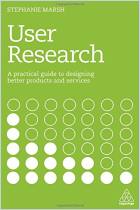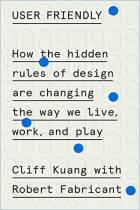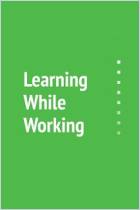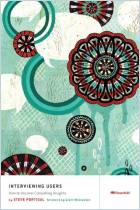
Read or listen offline
áudio gerado automaticamente
1×
áudio gerado automaticamente
Recommendation
When a person begins to show signs of Internet addiction, is it only a lack of self-control which is to blame? Freelance science, religion, technology and ethics writer Michael Schulson explains how and why designers craft modern websites to be addictive and explores the ethical implications of companies that profit from “hooking” you in this manner. Schulson also posits practical forms of regulation that might discourage user exploitation. getAbstract recommends this article to those interested in the behavioral sciences and regulation and folks who suspect they’re spending a bit too much time online.
Take-Aways
About the Author
Michael Schulson is a freelance writer and an associate editor for Religion Dispatches.
By the same author
Article
Learners who read this summary also read
Book
Book
Book
Book

















Comment on this summary or Iniciar a Discussão